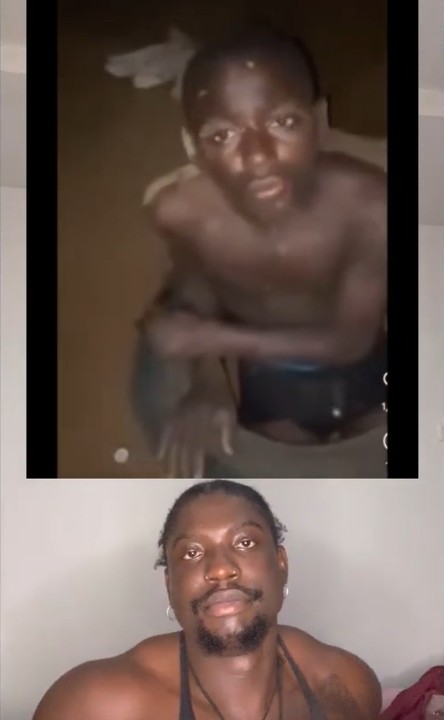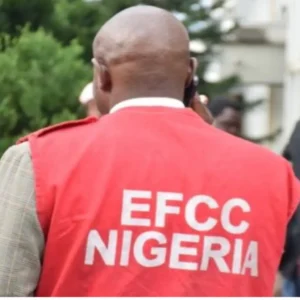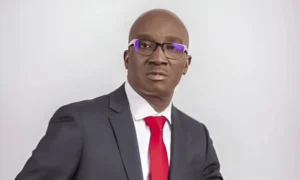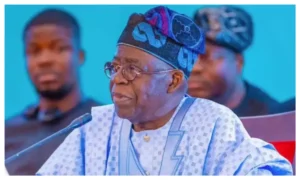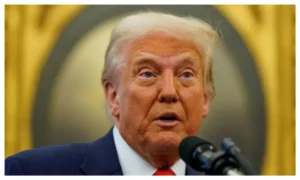In a deeply disturbing and shocking confession, a young boy has admitted to participating in a heinous crime—killing people and selling their kidneys for ₦25,000. The confession, captured in a viral video, has sparked widespread outrage and concern about the growing threat of illegal organ trafficking in certain regions. This alarming story brings to light the horrifying exploitation of vulnerable individuals for financial gain, leaving many shocked at the extent of the problem.
The boy, whose identity remains undisclosed, openly admitted to being involved in a crime syndicate that kills people and sells their kidneys for profit. According to the confession, the kidneys are sold for just ₦25,000, a shockingly low price for such a brutal act. This revelation has shaken the public, as it exposes how easily human lives are being traded in the illegal organ market.
The boy’s confession reveals a chilling reality about the desperation of those involved in such activities. Many of these individuals are lured or coerced into the trade by the promise of quick money, unaware or uncaring of the devastating consequences their actions have on others. For as little as ₦25,000, human lives are being lost, and organs are being sold to the highest bidder.
VDM, a well-known media platform, was quick to react to this shocking confession. In a recent video, they highlighted the gravity of the situation and called for urgent action to combat illegal organ trafficking. Their reaction has resonated with many, as it not only sheds light on the issue but also raises awareness of the lack of enforcement and regulation around human organ trade.
In the video, VDM calls for stricter laws and tougher penalties for those involved in organ trafficking, urging authorities to crack down on these criminal networks. The platform also emphasizes the need for more public education on the dangers of falling victim to these syndicates, especially in communities where poverty and desperation make individuals vulnerable to exploitation.
The illegal organ trade is a global problem, with millions of people affected each year. This case is just one of many instances where criminals exploit vulnerable individuals, often in developing regions where law enforcement is weak or corrupt. The organs are sold on the black market, typically to wealthy buyers in need of transplants, creating a system that thrives on the suffering of the poor.
The trade is driven by a high demand for organs, particularly kidneys, as people in need of transplants often face long waiting lists or are unable to afford legal transplants. This creates an opportunity for illegal networks to step in and offer a quicker, though highly unethical, solution. The consequences for the victims are severe—not only are they robbed of their organs, but in many cases, they are killed, leaving families grieving and communities devastated.
This tragic confession serves as a wake-up call for society and the authorities. The boy’s involvement in such a deadly crime highlights the urgent need for stricter regulations and more effective enforcement of laws against organ trafficking. Governments, law enforcement agencies, and international organizations must work together to dismantle these criminal networks and bring the perpetrators to justice.
Furthermore, there is a need for greater support for vulnerable communities, where poverty and lack of opportunities often drive individuals into the arms of criminals. Education, awareness, and poverty alleviation programs can help reduce the supply of desperate individuals willing to participate in such dangerous activities.
The boy’s confession has left a scar on society, exposing the cruel reality of illegal organ trafficking. His story is a stark reminder of the lengths to which criminal networks will go to make money, even at the cost of human lives. As the world reacts to this horrifying revelation, there is a growing cry for justice and a demand for stronger measures to combat organ trafficking.
We must not forget the victims whose lives were lost in this trade. Their stories deserve to be heard, and their deaths must not be in vain. It’s time for authorities to take swift and decisive action to put an end to these inhumane practices and ensure that no more lives are lost for profit.
